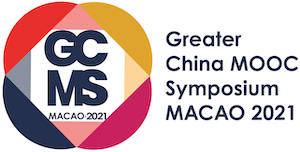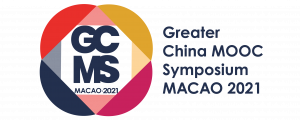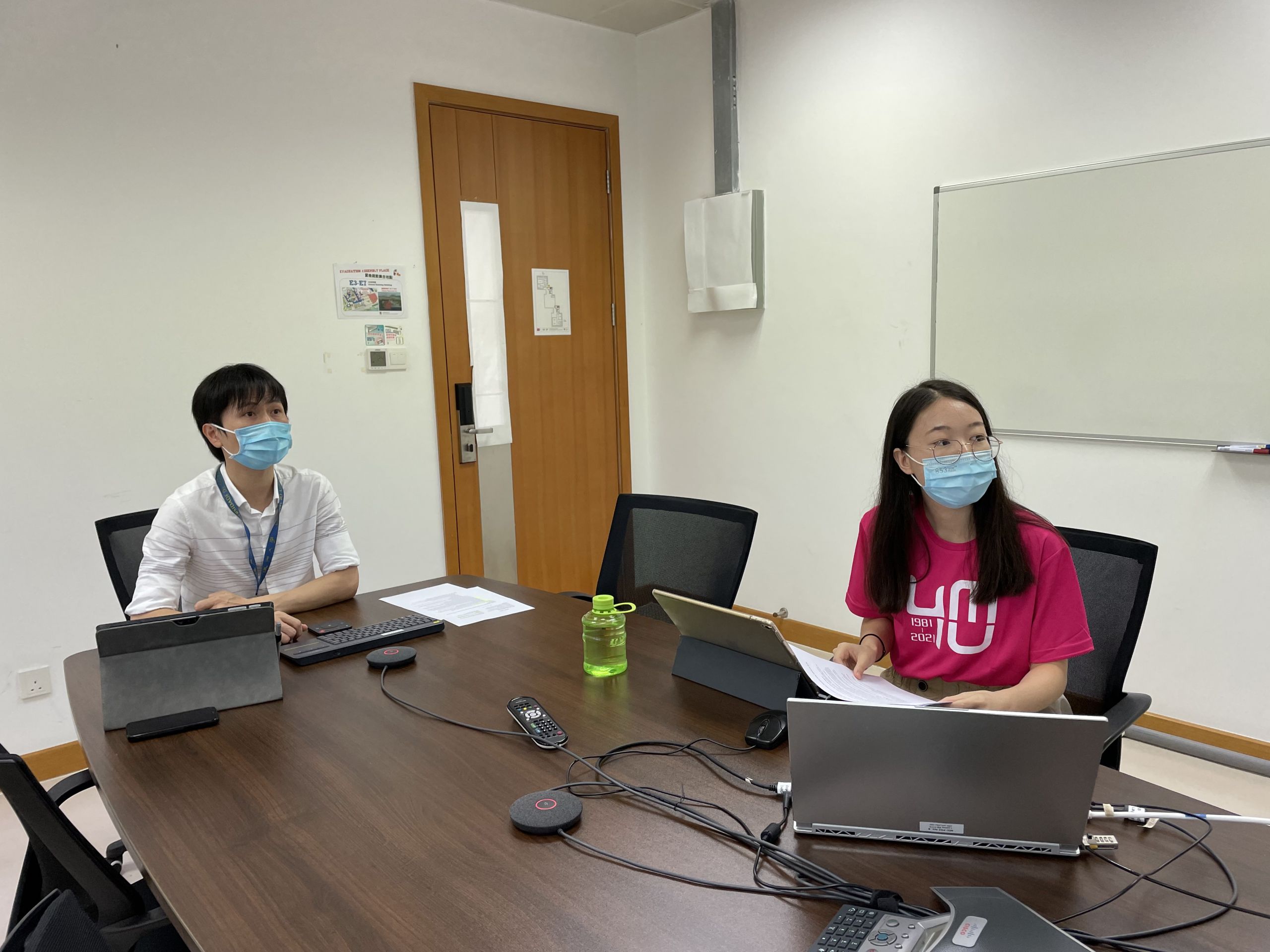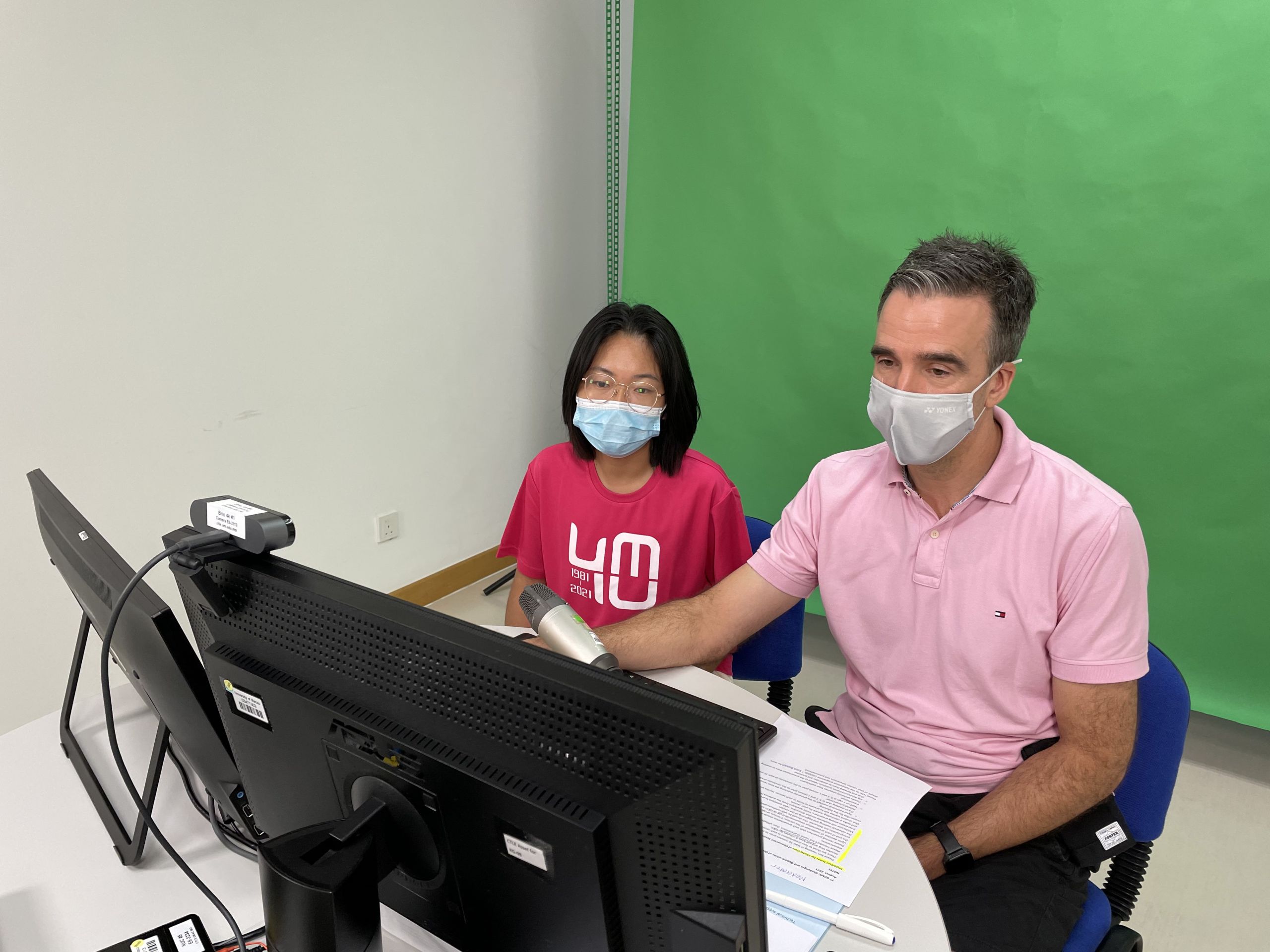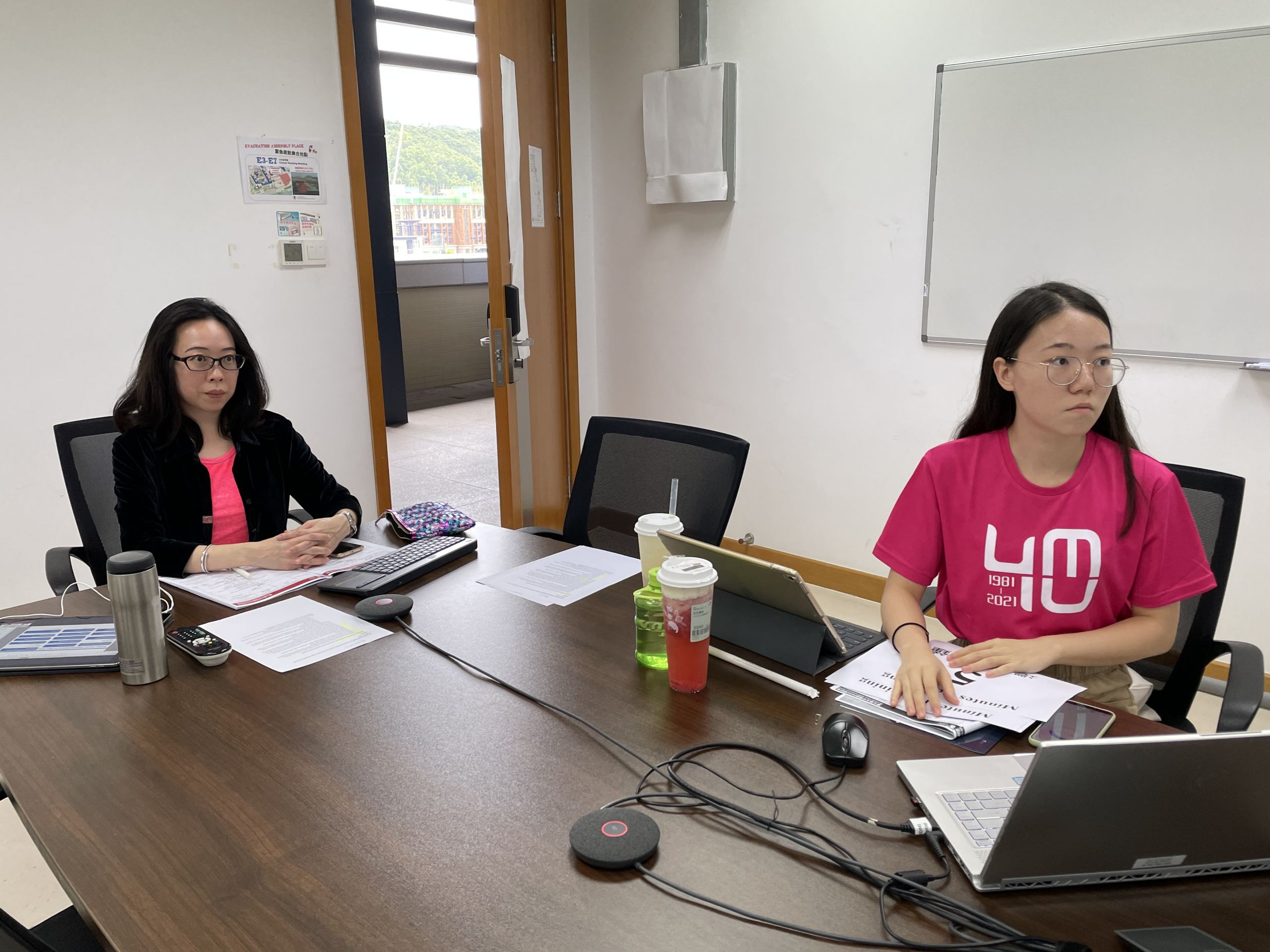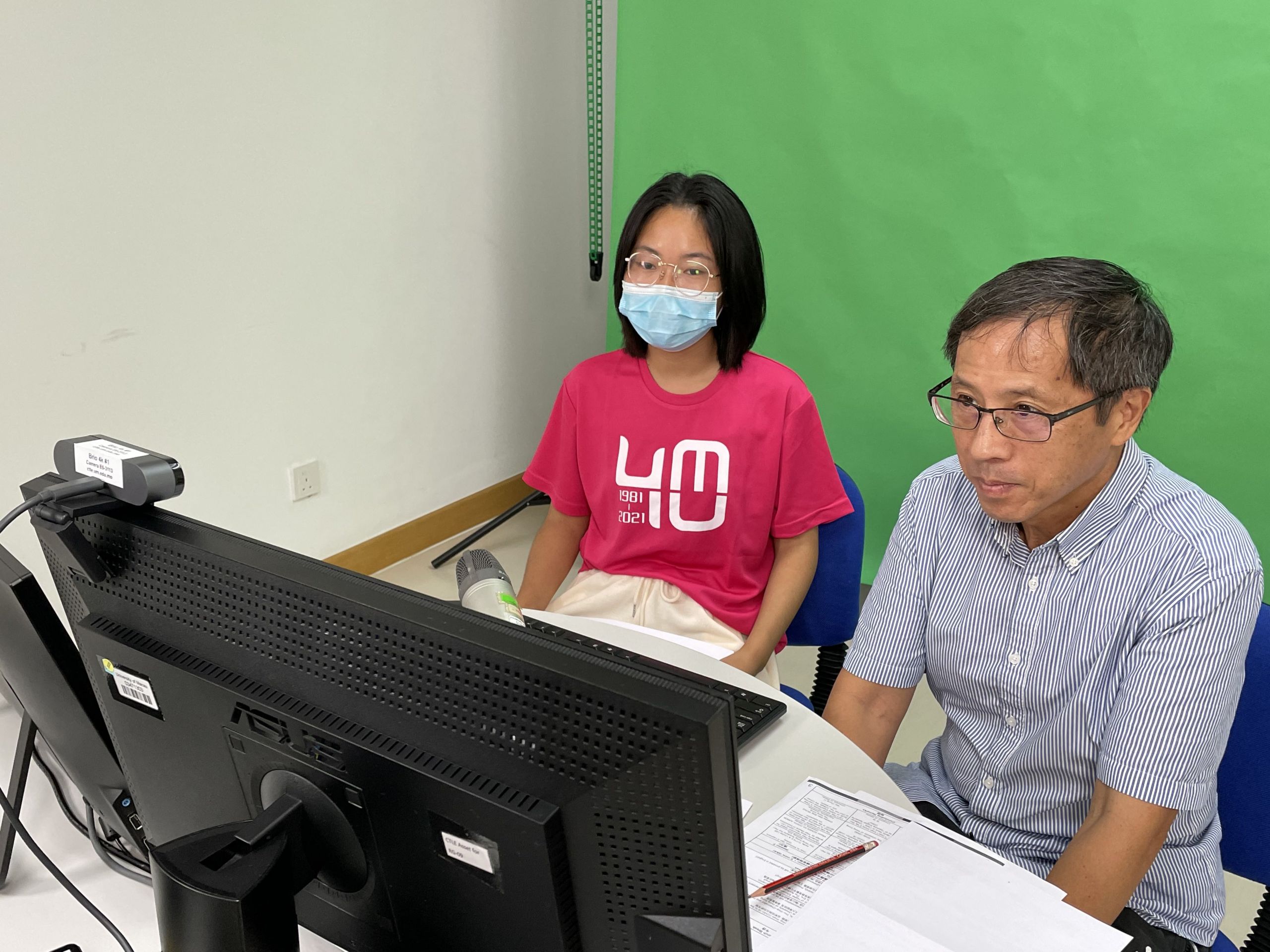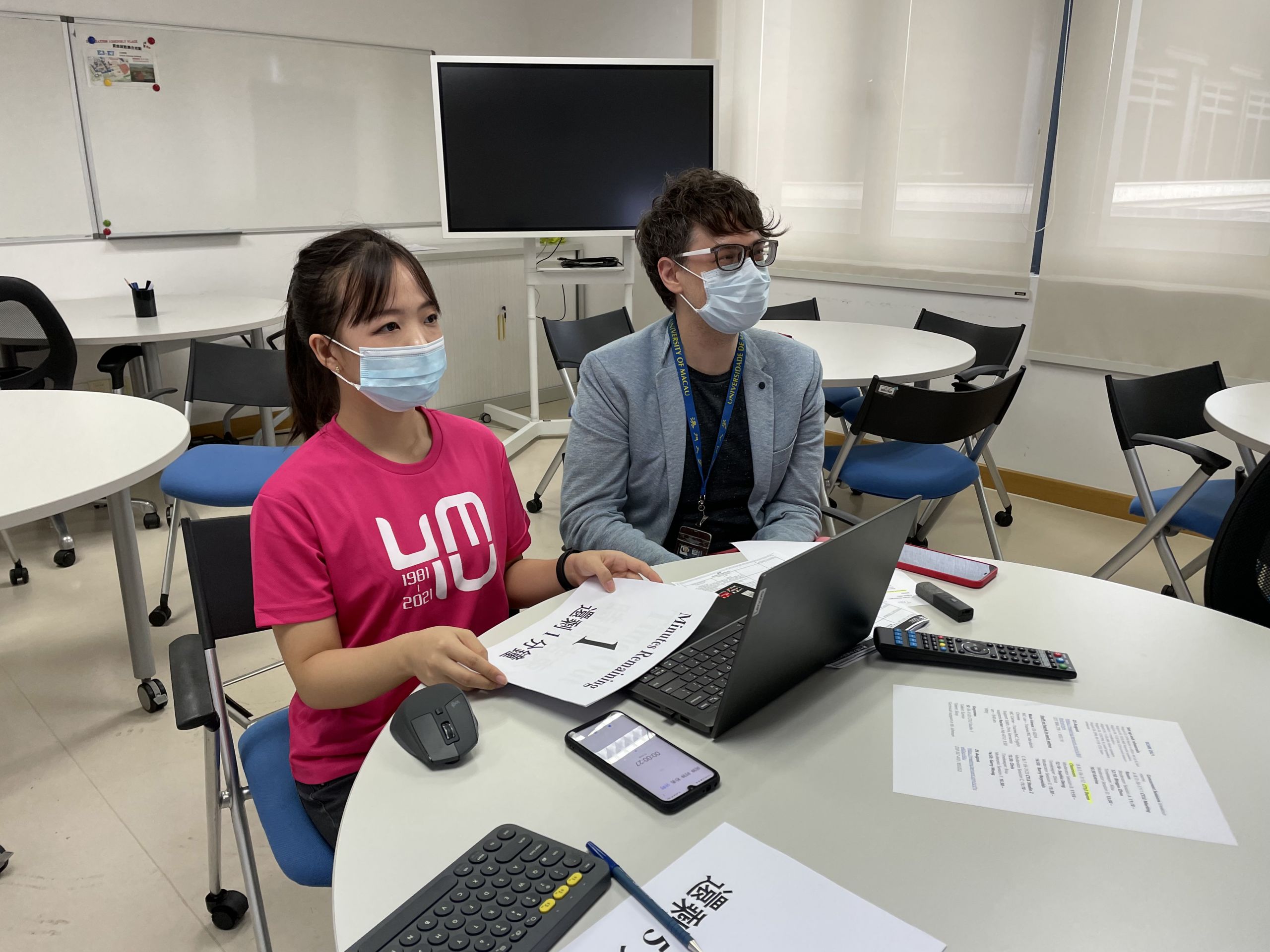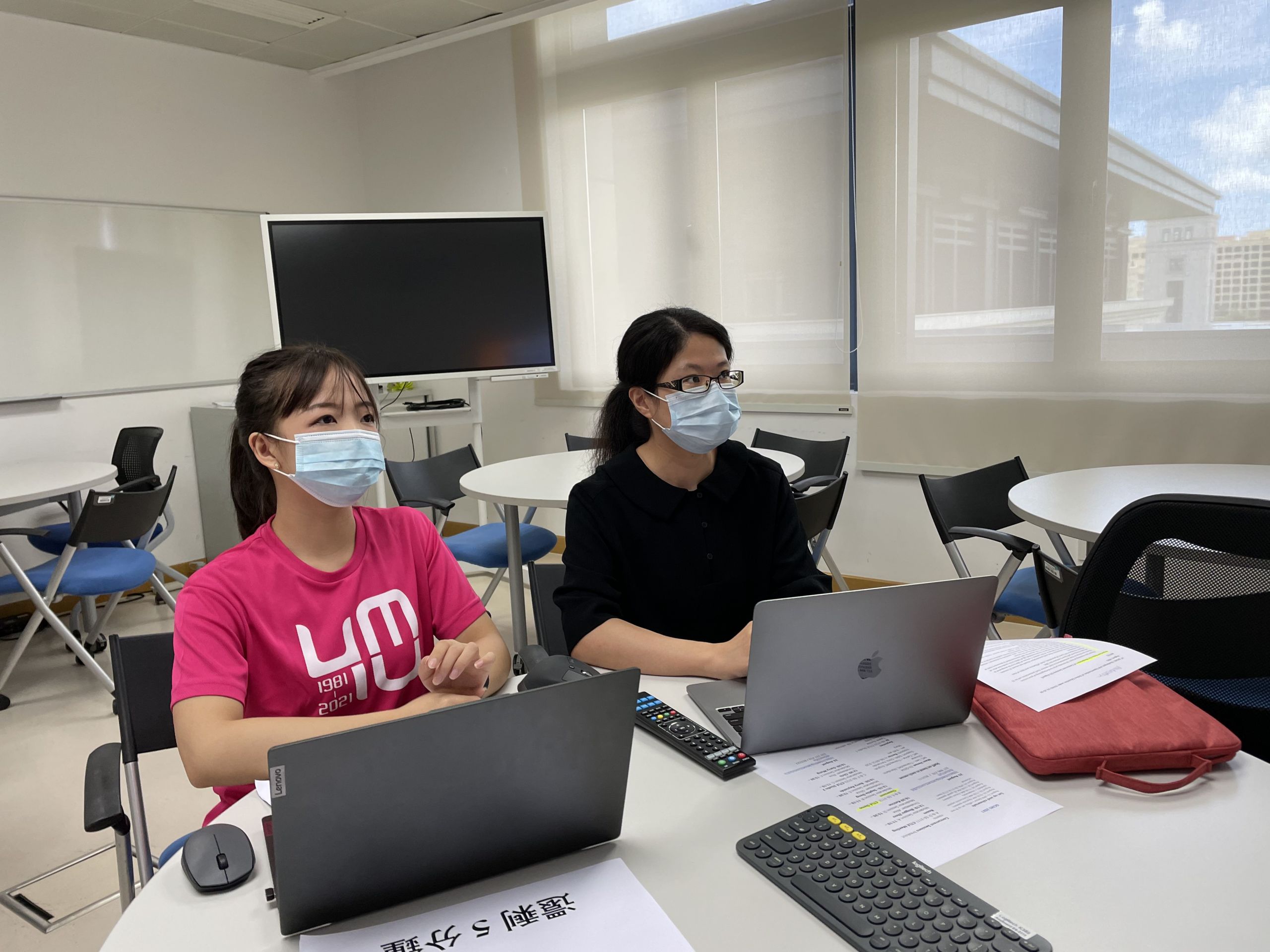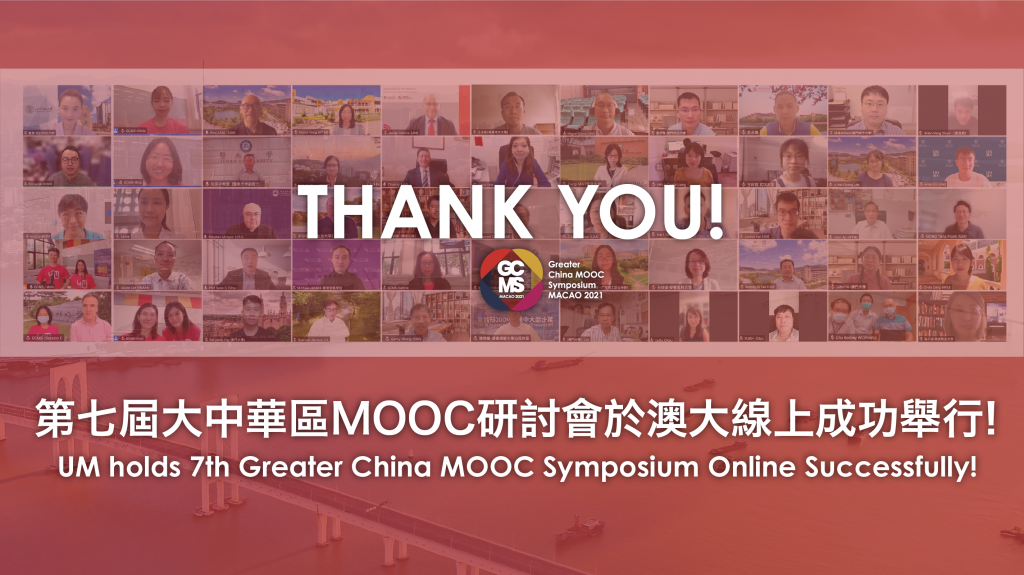
UM holds 7th Greater China MOOC Symposium Online Successfully!
The Seventh Greater China MOOC Symposium (GCMS), organised by the University of Macau (UM) and hosted by the University’s Centre for Teaching and Learning Enhancement (CTLE) and XuetangX, was held online at UM. Nearly 150 scholars joined the two-day event, which kicked off with keynotes from distinguished speakers from renowned institutions in Beijing, Shanghai, Xi’an and the Greater Bay Area the region. Keynote presentations were followed by concurrent sessions. Day 2 consisted of discussions that showcased recent research and initiatives on online and blended modes of teaching and learning. This online symposium provided a forum for participants to exchange ideas on the opportunities and challenges for online education during the ongoing COVID-19 pandemic. A live webcast of the event was broadcast on XuetangX and received nearly 1,800 views.

The Rector of the University of Macau, Prof. Yonghua Song, delivered the opening remarks, in which he said that UM was responding to the learning needs of students at different times with different innovative teaching approaches, and that the University was also promoting motivation and creativity among its faculty members through different means. He added that the symposium provided an excellent platform for representatives from universities and experts from the Greater China region to share their wisdom, ideas and experience concerning online teaching and learning during the pandemic.
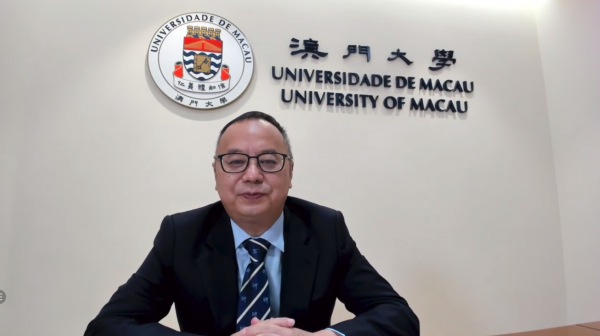
Prof. Ronghua Zhang, President of University Open Online Courses Alliance of Guangdong-Hong Kong-Macao Greater Bay Area / Vice-Chancellor of Jinan University, gave a keynote presentation entitled ‘Thinking on the New Ecological Innovation of Higher Education in the Post-epidemic Era.’ He stressed that universities and colleges should take educational informatisation as the endogenous force for a systemic reform of higher education, and strengthen aspects such as environment construction, resource construction, model innovation, ability cultivation, organization and management mechanism.
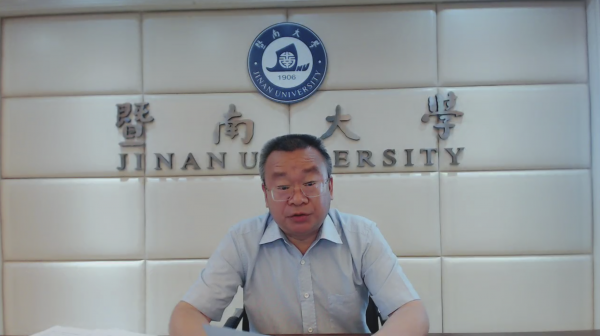
In his keynote presentation ‘Online Teaching: From Contingency Plan to Normal Development’, Prof. Hua Sun, Director of Center for Excellent Teaching and Learning, Peking University, stressed that universities and colleges must support teachers in delivering online education to ensure the success of online teaching and learning and foster a sustainable development of online education.
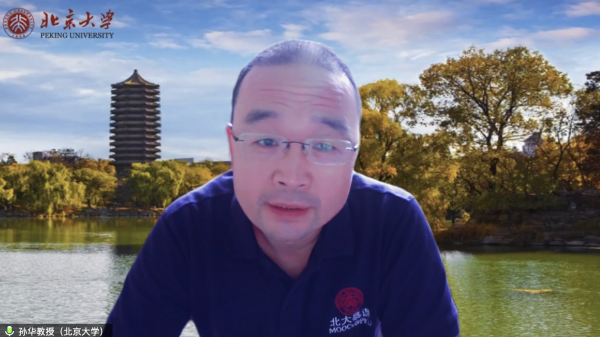
Prof. Wai-yin Poon, Pro-Vice-Chancellor of the Chinese University of Hong Kong, gave a keynote presentation entitled ‘Strategies on Online Teaching: From COVID-19 to the New Normal’. Prof. Poon observed that universities that formulated strategic plans, delivered MOOCs and developed blended–learning approaches to teaching would be in a strong position to provide quality education and enhance student learning experiences.
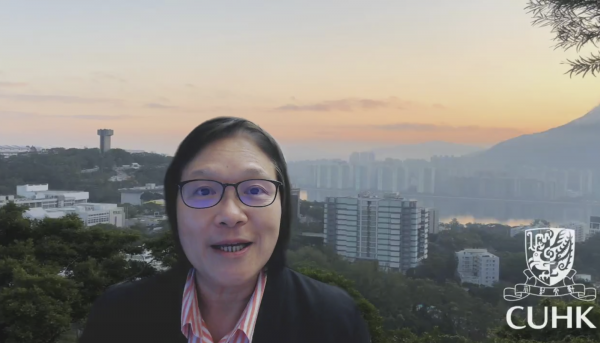
Mr. Shuaiguo Wang, President of XuetangX, gave a keynote presentation entitled ‘The Digital Transformation of Higher Education in the Epidemic and Post-epidemic Era: The Application of XuetangX’. Mr. Wang stated that the pandemic had made online education an imperative rather than an option. In addition, he surmised that technological innovations such as Rain Classroom had been a catalyst to the digital transformation of education and that the use of these innovations provided vital lessons for online educators.
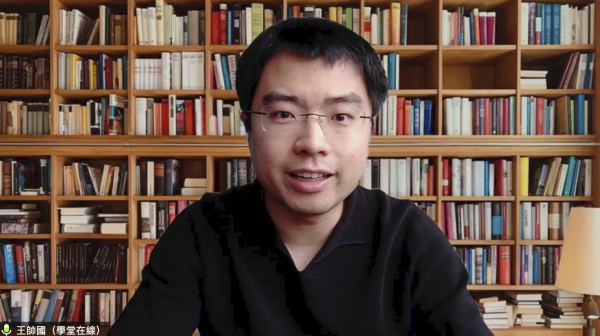
Online concurrent sessions featured over 20 presentations on discipline-specific pedagogy, online teaching and learning, pedagogical innovation, assessment, education technology, active/collaborative learning, learning experience, support for instructors, and support for students. A complete listing of all concurrent sessions and most of the presenters’ slides can be retrieved here.
Prof. Katrine Wong, Director of the Centre of Teaching and Learning Enhancement at UM and chair of the organising committee, concluded the first day of the Symposium. She said that the programme ‘has enabled different stakeholders, from students to leaders of universities and e-learning platforms, to have a chance to discuss what could be learnt from this sudden migration online and what could be adapted for future teaching and learning.’
The second day of the event provided a spotlight on educational practices in Macao. A stimulating panel of leaders focused on what higher education institutions in Macao had learnt from having had to cope with and respond to the pandemic. The panel discussion was moderated by Prof. Chuang Wang, Dean of the Faculty of Education of UM; panelists included Prof. Rico Lam (Registrar, UM), Prof. Shuying Sean Li (Pro-Rector and Dean of Faculty of Education, City University of Macau), the Reverend Stephen Morgan (Rector, University of Saint Joseph), Prof. Jianrong Sun (Associate Rector and Dean of University International College, Macau University of Science and Technology) and Dr. Fanny Vong (President, Macao Institute for Tourism Studies). They shared different challenges and opportunities that emerged during the shift to online learning environments. Panellists also discussed issues related to supporting online teaching and how teachers and students responded to the transformation of teaching practices. Panelists also shared how their institutes responded to the evolving needs of learners who were off campus and online.
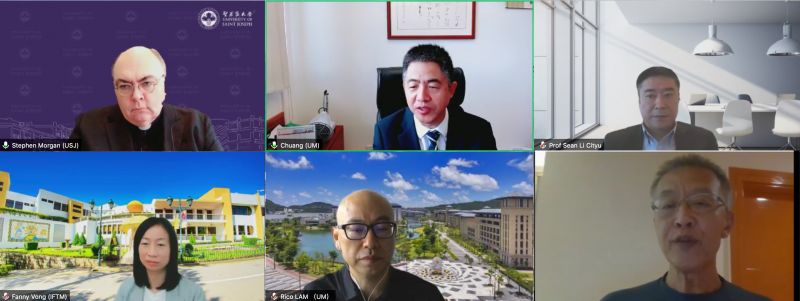
A showcase on Blended Learning at UM, moderated by Prof. Katrine Wong, brought together Prof. Raymond Cheng (FST), Prof. Javier Cuervo (FBA), Prof. Letty Kwan (FSS) and Prof. Garry Wong (FHS), who shared their experiences in instructional video production, curriculum reconstruction and teaching activity design. 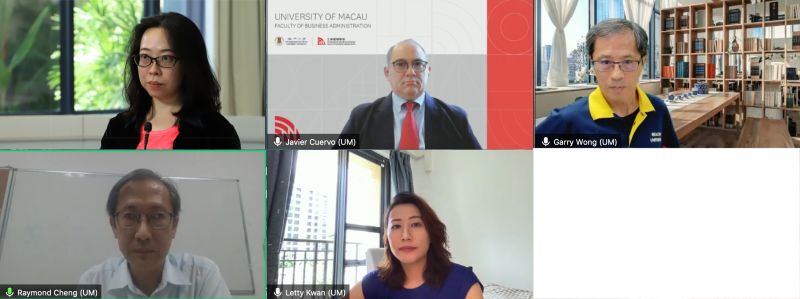
In her closing remarks, Prof. Katrine Wong reiterated that higher education cannot and should not be the same as pre-pandemic times and stressed that all key players in the ecology of teaching and learning, namely, students, teachers and administrators alike, would need to embrace both online and offline modes and forms of education.
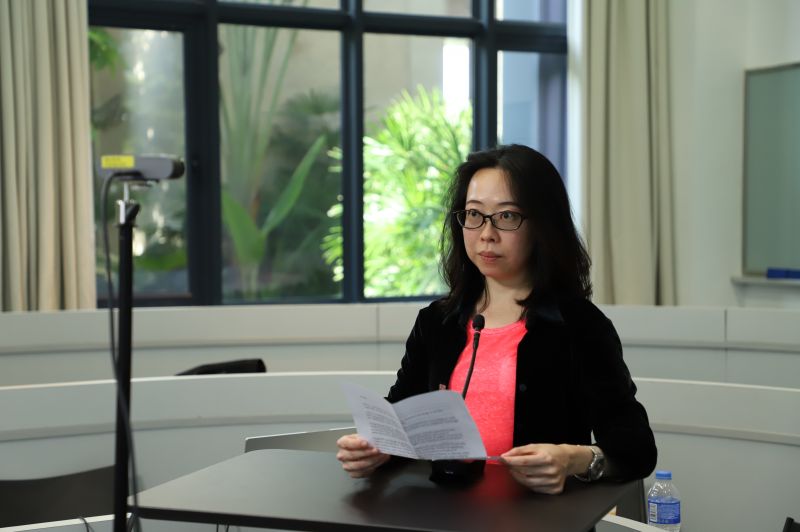
Launched in 2014, GCMS aims to enhance mutual collaboration, improve MOOC research and application in the Greater China region, and promote the innovation of MOOC in teaching and learning. The GCMS2021 organising committee wishes to thank the GCMS committee for entrusting us with this impactful event, and XuetangX for making the live broadcast of this event possible.
- Video Playback of GCMS2021:
Opening and first part of Keynotes: https://bit.ly/3gLdNJ8
Second part of Keynotes: https://bit.ly/3gK8YQ3
Forum and Showcase: https://bit.ly/3kzbn15
- Slides of all keynote speakers, concurrent session speakers and forum panelists:
- Photos of GCMS2021
